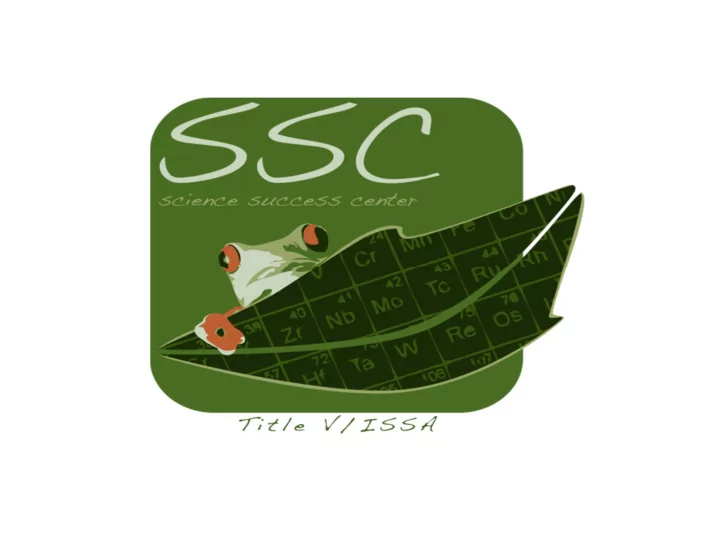

Living organisms are composed of about 25 chemical elements Most Common Elements In the Human Body (96%) Essential Trace Elements In the Human Body (0.01%)
Trace elements are common additives to food and water
Elements can combine to form compounds
Atoms consist of protons, neutrons, and electrons
Isotopes • Carbon-12: Protons-6 Neutrons-6 Electrons-6 • Carbon-13: Protons-6 Neutrons-7 Electrons-6 • Carbon-14: Protons-6 Neutrons-8 Electrons-6 Carbon Will Only The Number Always Have 6 Of Neutrons Protons Change in Isotopes!
Radioactive isotopes can help or harm us
Electron arrangement determines the chemical properties of an atom
Ionic bonds are attractions between ions of opposite charge
Covalent bonds join atoms into molecules through electron sharing
Unequal electron sharing creates polar molecules
Hydrogen bonds are weak bonds important in the chemistry of life Partial Positive End Partial Negative End
Hydrogen bonds make liquid water cohesive
Waters hydrogen bonds moderate temperature
Ice is less dense than liquid water
Water is the solvent of life
The chemistry of life is sensitive to acidic and basic solutions Acidic Solutions have A High Concentration of H+ Ions Neutral Solutions have equal concentrations of H+ and OH- Ions Basic Solutions have a low concentration on H+ Ions
The search for extraterrestrial life centers on the search for water
Chemical reactions make and break bonds, changing the composition of matter
Recommend
More recommend